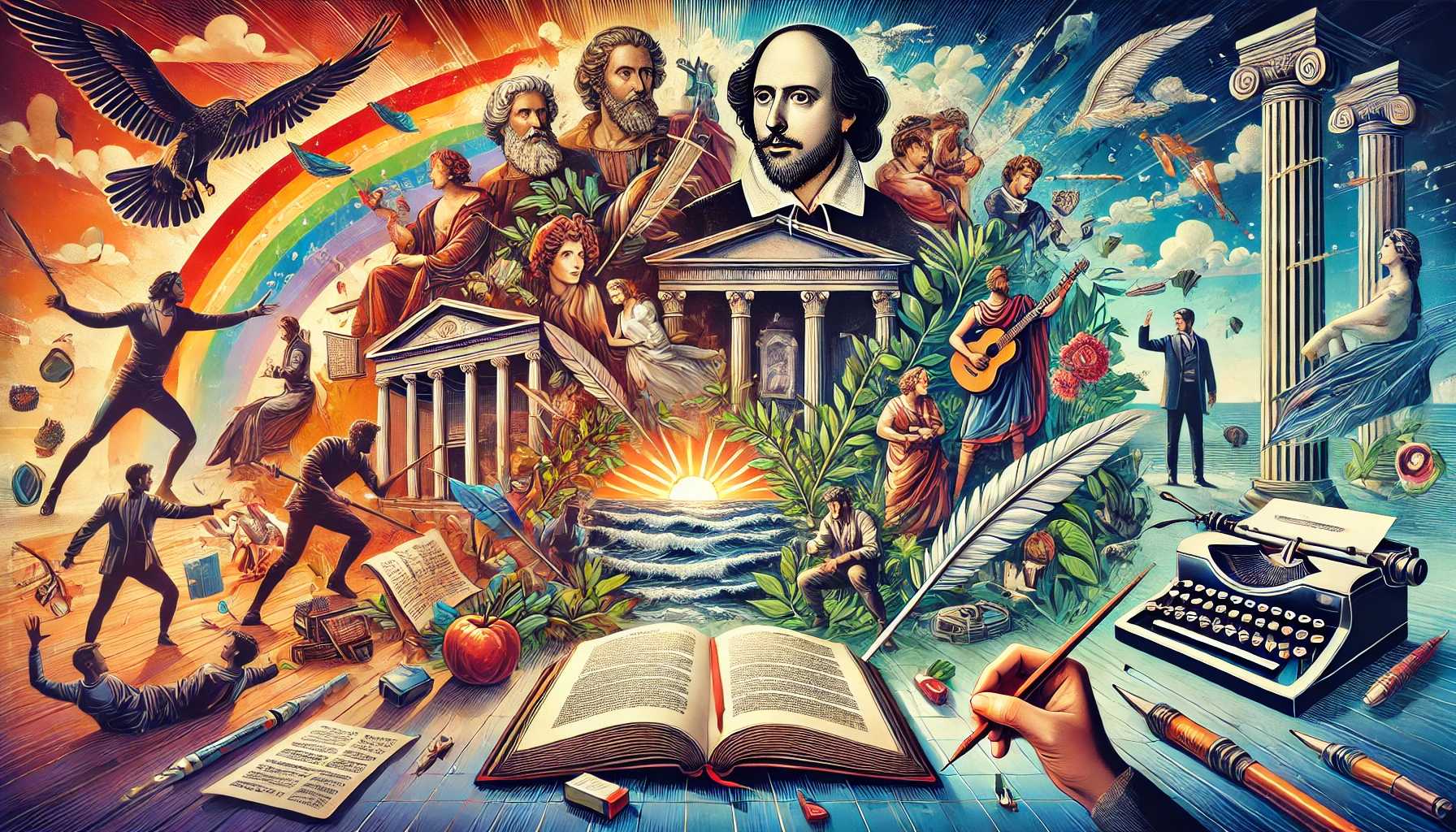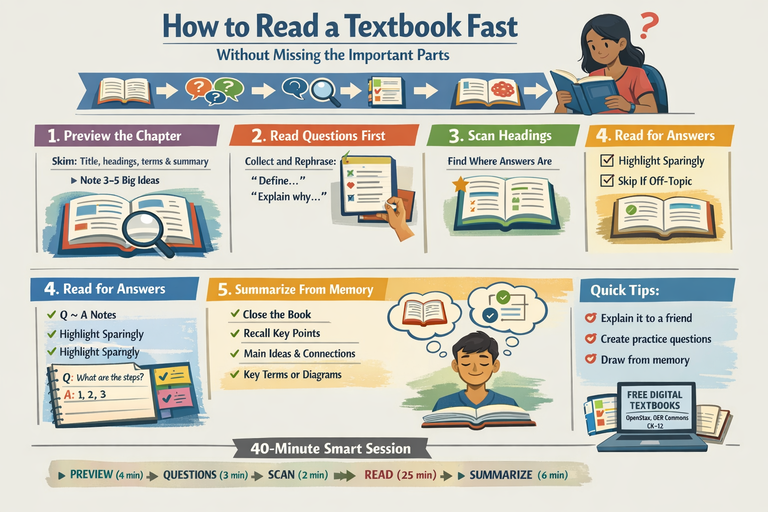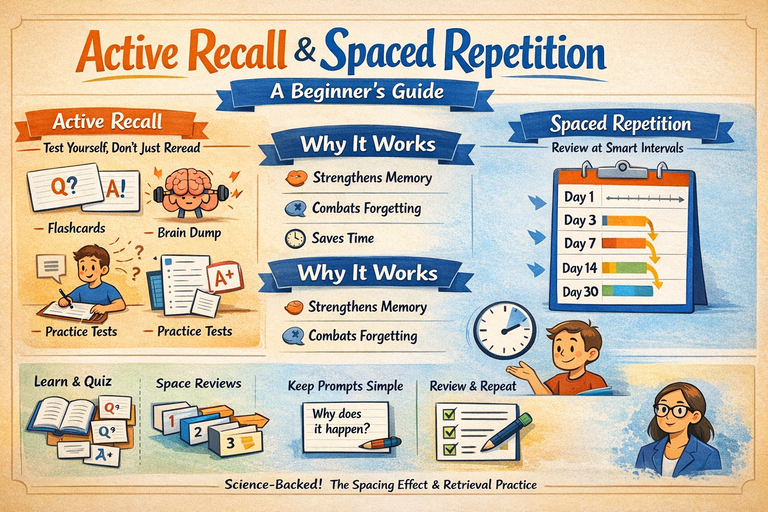The impact of classic literature on modern storytelling
In the vast landscape of storytelling, classic literature stands as the timeless cornerstone that continues to influence and shape modern narratives. From the ancient epics of Homer to the intricate character studies of Jane Austen, these literary works have left an indelible mark on how we tell stories today. In this blog post, we'll delve into the profound impact of classic literature on modern storytelling, exploring its themes, techniques, and enduring relevance.
Understanding Classic Literature
Classic literature encompasses a wide array of works that have withstood the test of time due to their enduring literary merit. These are the novels, plays, poems, and essays that have been revered across generations for their compelling narratives, rich character development, and profound exploration of universal themes. Think of Shakespeare's tragedies, Dickens' social commentaries, or the philosophical musings of Dostoevsky each offering a glimpse into the human condition that transcends their historical contexts.
Themes That Transcend Time
One of the most significant ways in which classic literature influences modern storytelling is through its exploration of timeless themes. Themes such as love, betrayal, ambition, and redemption resonate with readers across cultures and eras. Take Shakespeare's "Romeo and Juliet," for instance. The theme of star-crossed lovers torn apart by familial conflict continues to inspire adaptations and reinterpretations in contemporary literature and film. The enduring popularity of such themes underscores their universal appeal and their ability to transcend the boundaries of time and place.
Character Archetypes and Development
Classic literature also introduced enduring character archetypes and sophisticated development techniques that have become integral to modern storytelling. Consider the tragic hero in Greek drama or the Byronic hero in Romantic literature these archetypes have influenced countless protagonists in novels and films today. Moreover, the nuanced character development seen in classics like Tolstoy's "Anna Karenina" or Austen's "Pride and Prejudice" set a precedent for creating complex, multifaceted characters that readers can empathize with and relate to on a deeply human level.
Narrative Techniques and Literary Devices
Beyond themes and characters, classic literature has contributed significantly to the evolution of narrative techniques and literary devices. From the use of symbolism and allegory to the exploration of unreliable narrators and nonlinear storytelling, many of these techniques originated or were perfected in classic works. Take James Joyce's "Ulysses," for example, which experimented with stream-of-consciousness narration, paving the way for modernist and postmodernist literature. These innovations continue to shape how contemporary authors craft their narratives, pushing the boundaries of storytelling conventions.
Influencing Genres and Movements
Classic literature has also played a pivotal role in influencing literary genres and movements that have emerged over the centuries. The Gothic novel, for instance, owes much of its atmospheric tension and exploration of the supernatural to works like Mary Shelley's "Frankenstein" and Bram Stoker's "Dracula." Similarly, the existential themes explored by Kafka in "The Metamorphosis" and Camus in "The Stranger" laid the groundwork for existentialist literature in the 20th century. By inspiring and informing these literary movements, classic literature continues to shape the cultural and philosophical landscape of contemporary storytelling.
Adaptations and Reinterpretations
Another testament to the enduring impact of classic literature is the proliferation of adaptations and reinterpretations in various media. Whether it's a film adaptation of a Dickens novel or a modern retelling of a Shakespearean play, these adaptations breathe new life into classic stories while preserving their core themes and messages. Moreover, they introduce these timeless narratives to new audiences, ensuring that their influence continues to resonate in popular culture.
Educational and Cultural Significance
Beyond their artistic merit, classic literature holds immense educational and cultural significance. Studying these works not only provides insight into historical periods and societal norms but also fosters critical thinking and literary analysis skills. By grappling with the moral dilemmas in Dostoevsky's "Crime and Punishment" or exploring the social injustices in Harper Lee's "To Kill a Mockingbird," readers gain a deeper understanding of human nature and the complexities of the world around them.
Conclusion: The Enduring Legacy
In conclusion, the impact of classic literature on modern storytelling is profound and multifaceted. Through its exploration of universal themes, complex characters, innovative narrative techniques, and enduring cultural influence, classic works continue to shape and enrich the literary landscape today. Whether inspiring new generations of writers or serving as a foundation for adaptations and reinterpretations, these timeless stories remind us of the power of storytelling to transcend time, connect humanity, and illuminate the human experience.
As we continue to navigate the ever-changing currents of literature and storytelling, let us not forget the enduring legacy of classic literature—the stories that have shaped our past, inform our present, and inspire our future narratives.







